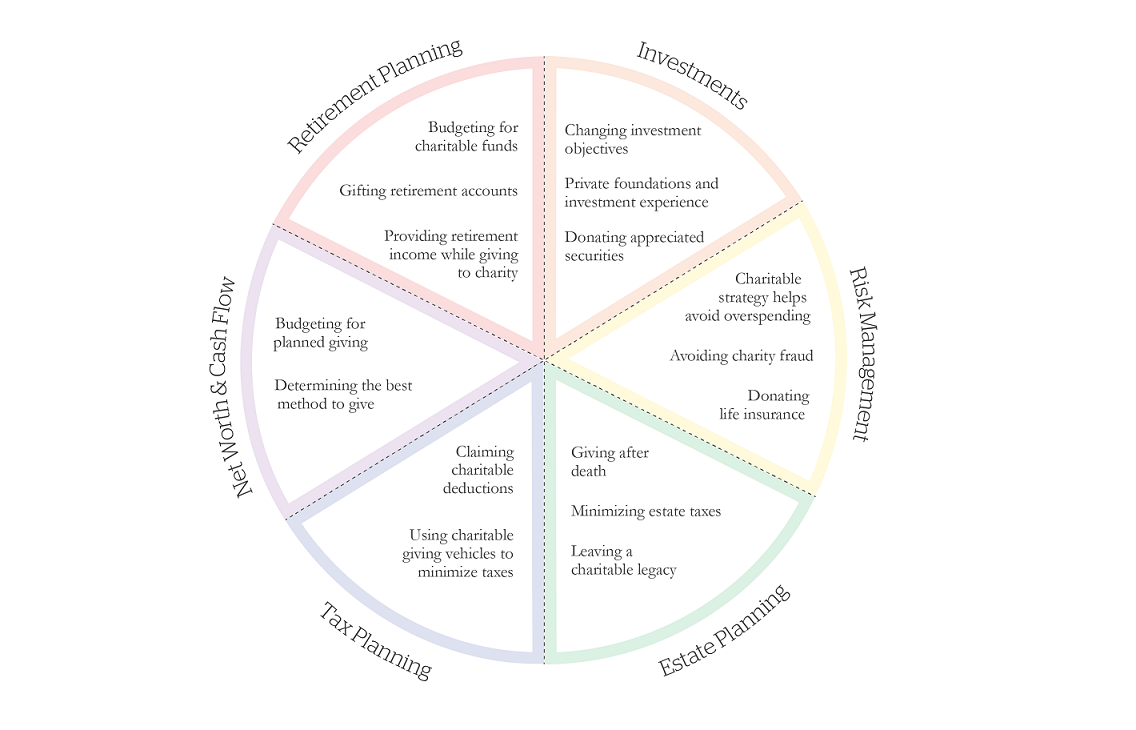Preparing for College: A Guide to Financial Planning
Heading off to college is an exciting time, but it can also be a financially overwhelming experience for many students and their families. To ensure a smooth transition and a successful college journey, it is crucial to have a solid financial plan in place.
Understanding the Costs
Before diving into college financial planning, it is essential to understand the costs associated with higher education. Tuition fees, accommodation, textbooks, transportation, and personal expenses are just a few of the financial aspects to consider. Researching and creating a comprehensive budget will help you estimate the total cost and determine how much financial aid or savings you need.
Exploring Financial Aid Options
Financial aid plays a significant role in college financial planning. Start by completing the Free Application for Federal Student Aid (FAFSA) to determine your eligibility for federal grants, loans, and work-study programs. Additionally, research scholarships and grants offered by colleges, organizations, and private foundations. Understanding the different types of financial aid available will help you fund your education more effectively.
Creating a Savings Plan
Saving for college is a long-term commitment, and having a savings plan is crucial. Consider opening a 529 college savings plan, which offers tax advantages and allows your savings to grow over time. Additionally, explore other saving options such as custodial accounts or Coverdell Education Savings Accounts. Start saving as early as possible to maximize your funds and reduce the need for student loans.
Managing Student Loans
While loans should be avoided whenever possible, they are sometimes necessary to finance your education. If you find yourself needing to take out student loans, make sure to understand the terms and conditions, interest rates, and repayment plans. Create a plan to manage your student loans effectively, considering your future income and job prospects after graduation.
Seeking Professional Guidance
College financial planning can be complex, and seeking professional guidance can provide invaluable assistance. Consider consulting with a financial advisor who specializes in college planning. They can provide personalized advice, help you navigate the financial aid process, and assist in creating a comprehensive plan tailored to your specific needs and goals.
In conclusion, college financial planning is crucial for a successful college experience. By understanding the costs, exploring financial aid options, creating a savings plan, managing student loans, and seeking professional guidance, you can ensure a financially secure journey through higher education.





